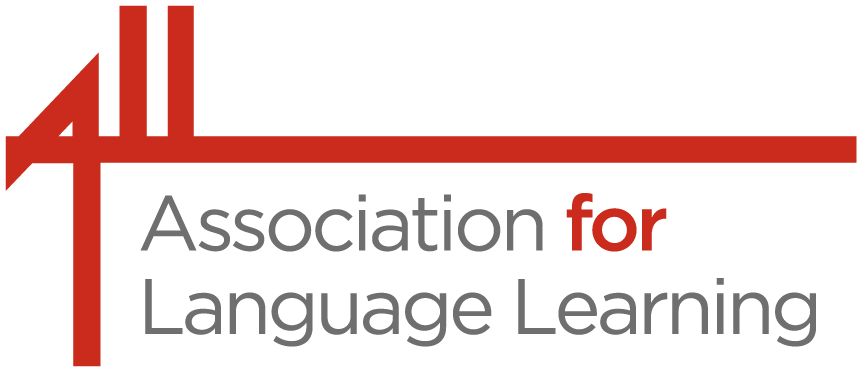Bilingual people engage the same brain region that monolingual individuals use to put together words—even when combining different languages.
Billions of people worldwide speak two or more languages. (Though the estimates vary, many sources assert that more than half of the planet is bilingual or multilingual.) One of the most common experiences for these individuals is a phenomenon that experts call “code switching,” or shifting from one language to another within a single conversation or even a sentence.
This month Sarah Frances Phillips, a linguist and graduate student at New York University, and her adviser Liina Pylkkänen published findings from brain imaging that underscore the ease with which these switches happen and reveal how the neurological patterns that support this behavior are very similar in monolingual people. The new study reveals how code switching—which some multilingual speakers worry is “cheating,” in contrast to sticking to just one language—is normal and natural. Phillips spoke with Mind Matters editor Daisy Yuhas about these findings and why some scientists believe bilingual speakers may have certain cognitive advantages.
This article was first published by Daisy Yuhas in Scientific American online on November 30th 2021, and you can read the piece in full here.
